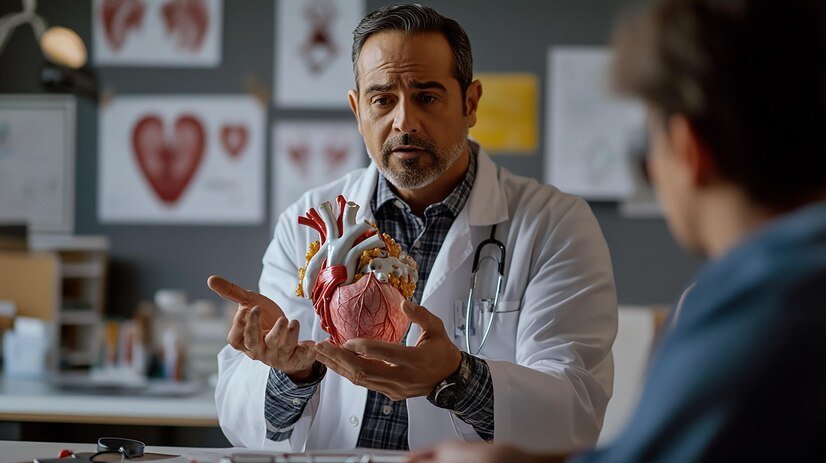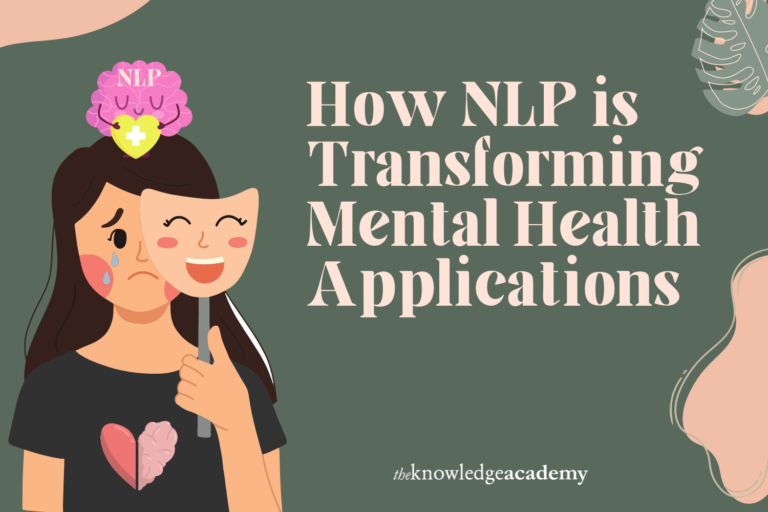Interventional Cardiologist Singapore: What Do They Treat?
Were you recommended an appointment with an interventional cardiologist in Orchard Singapore but you have no idea what they treat? If so, we created this guide for you.
On this page, we will tell who interventional cardiologists are. We will also explain the procedures they perform, the conditions they treat, and why you might need to see one. Keep reading!
What Does an Interventional Cardiologist Do?
To begin with, an interventional cardiologist is a specialist within the field of cardiology who focuses on diagnosing and treating cardiovascular diseases through catheter-based procedures. Unlike general cardiologists, who manage heart diseases with medications and lifestyle changes, interventional cardiologists use minimally invasive techniques to treat conditions directly within the heart and blood vessels. Here’s what they do in a summary;
- Diagnostic Procedures: Interventional cardiologists conduct various tests to diagnose heart conditions. One common diagnostic procedure they use is an angiogram. This involves injecting a contrast dye into the coronary arteries to visualize blockages using X-ray imaging. Stress tests, which evaluate the heart’s function under physical exertion, are also frequently performed.
- Treatment Procedures: Among the most common interventional procedures is angioplasty, where a balloon-tipped catheter is used to open narrowed or blocked arteries. This procedure is often accompanied by the placement of a stent, a small mesh tube that helps keep the artery open. Another important procedure is atherectomy, which involves removing plaque buildup from the arterial walls. What’s more, interventional cardiologists can perform valvuloplasty to repair narrowed heart valves and various structural heart interventions, including the closure of atrial septal defects.
- Use of Technology: Interventional cardiologists use advanced technologies and tools, such as intravascular ultrasound (IVUS) and fractional flow reserve (FFR), to precisely diagnose and treat heart conditions. These technologies enhance the accuracy and effectiveness of the procedures to improve patient outcomes.
Why would you see an Interventional Cardiologist?
Interventional cardiologists treat a wide range of cardiovascular conditions. You would need to see an interventional cardiologist in Singapore for;
- Coronary Artery Disease: One of the primary conditions treated by interventional cardiologists is coronary artery disease (CAD). CAD occurs when the coronary arteries, which supply blood to the heart muscle, become narrowed or blocked due to plaque buildup. Interventional procedures like angioplasty and stent placement are used to restore blood flow to the heart to manage symptoms like chest pain (angina) and reduce the risk of heart attacks.
- Heart Valve Disease: Interventional cardiologists also address heart valve diseases, which involve malfunctions of the heart’s valves. Procedures such as balloon valvuloplasty and transcatheter aortic valve replacement (TAVR) are used to repair or replace damaged valves, improving heart function and patient quality of life.
- Peripheral Artery Disease: In addition to coronary arteries, interventional cardiologists treat peripheral artery disease (PAD), which affects the arteries outside the heart, commonly in the legs. Through procedures like angioplasty and stent placement, they can open narrowed arteries, enhancing blood flow and relieving symptoms such as leg pain and cramping.
- Congenital Heart Defects: Structural heart issues present from birth, known as congenital heart defects, are another focus area. Interventional cardiologists perform procedures to correct defects such as atrial septal defects (ASD) and patent foramen ovale (PFO) to restore normal heart function and prevent complications.
- Acute Heart Conditions: During emergencies like heart attacks and unstable angina, interventional cardiologists provide life-saving interventions. They can quickly open blocked arteries to restore blood flow, minimize heart muscle damage, and stabilize the patient’s condition.
Typically, your primary care physician or a general cardiologist will refer you to an interventional cardiologist if they identify a need for specialized care. This referral process ensures that you receive the most appropriate and advanced treatment for your specific heart condition. The various symptoms that may indicate the need to see an interventional cardiologist include;
- Persistent chest pain
- Shortness of breath
- Unexplained fatigue, and
- Episodes of fainting
Even without significant symptoms, there are several preventive reasons that might warrant a visit to an interventional cardiologist. Examples include;
- Having a family history of heart disease
- Having high cholesterol levels and
- Hypertension among other risk factors for cardiovascular diseases
The special conditions and circumstances that may also necessitate the expertise of an interventional cardiologist include if you have been diagnosed with;
- Coronary artery disease
- Heart valve disease
- Peripheral artery disease, or
- Congenital heart defects
Also, if you’ve experienced a heart attack or have been advised of the need for procedures like angioplasty or stent placement, timely consultation with an interventional cardiologist is essential for optimal outcomes. Their ability to perform minimally invasive procedures not only enhances recovery times but also improves the overall quality of life for patients.
How do you prepare for an Appointment with an Interventional Cardiologist?
There isn’t a lot you need to do when preparing for an appointment with an interventional cardiologist. Here’s a quick summary;
- Pre-Appointment Tips: Before your appointment, gather your medical records, including any previous test results, and prepare a list of your current medications. Note any symptoms you’ve been experiencing, as well as any questions or concerns you have about your condition or potential treatments. This information will assist your interventional cardiologist in understanding your health history and tailoring the consultation to your needs.
- During the Appointment: During your visit, your interventional cardiologist will review your medical history, discuss your symptoms, and conduct a physical examination. They may recommend diagnostic tests, such as an angiogram or stress test, to gather more information about your heart condition. Be sure to ask any questions you have about the proposed tests and treatments to gain a clear understanding of the process.
After your initial appointment, your interventional cardiologist will schedule follow-up visits to track your progress, adjust medications if necessary, and discuss any additional procedures that may be required. Adhere to the recommended follow-up schedule and maintain open communication with your healthcare team for optimal heart health management.
It’s a Wrap
Interventional cardiologists play a major role in diagnosing and treating several cardiovascular conditions using minimally invasive procedures. If you experience symptoms of heart disease or have risk factors, a consultation with an interventional cardiologist could be all you need to get specialized care and improve your overall well-being.
For more information and resources, consider exploring additional educational materials. Or, you could schedule a consultation with a professional in a heart center at;
Cadence Heart Centre (Dr Devinder Singh) | Heart Screening, Heart Check Up
3 Mount Elizabeth, Medical Centre,
14-13, Singapore 228510
+65 6369 8789







